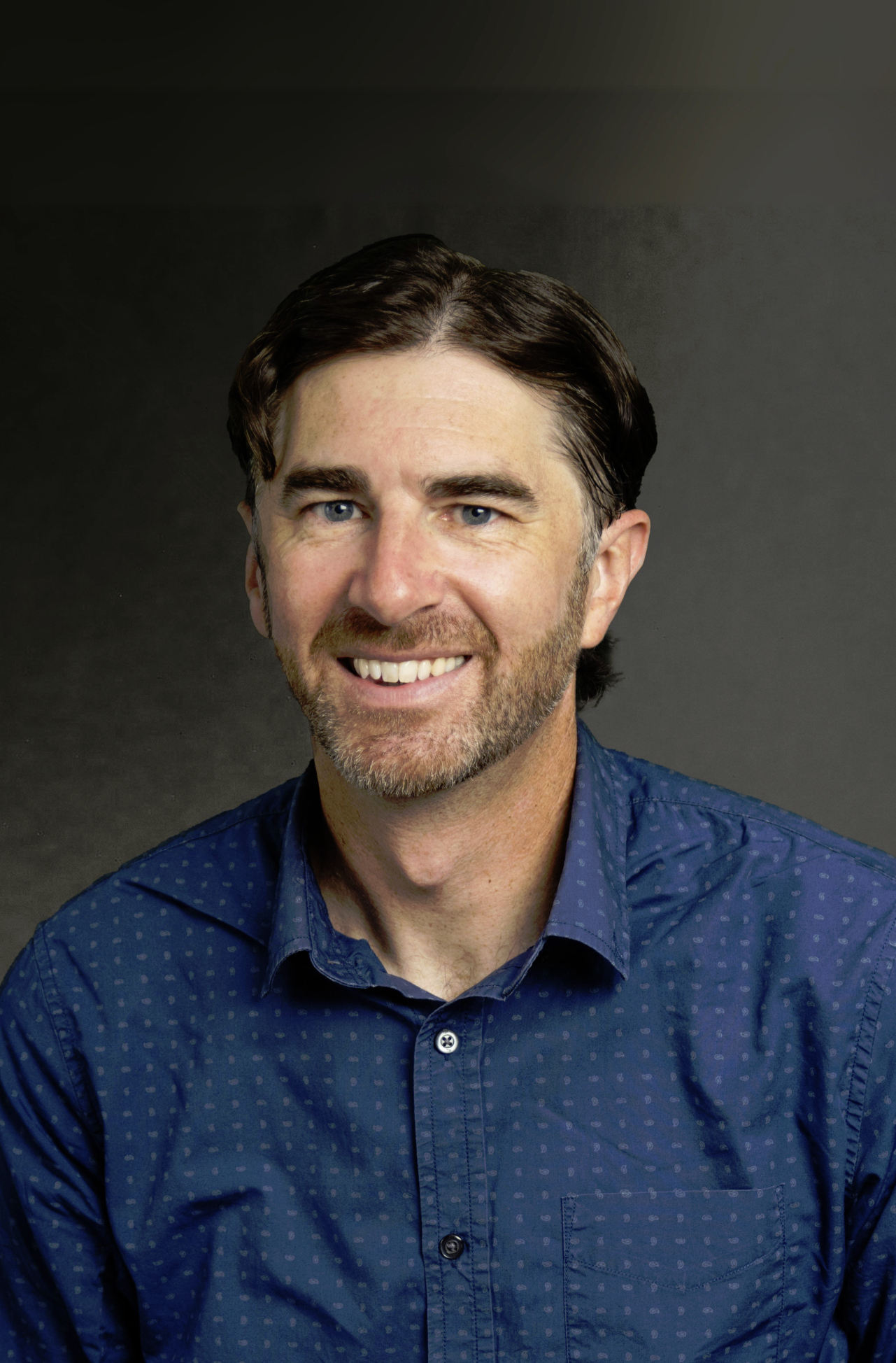Dr. Matthew Heard
Faculty
Associate Professor
GAB 328

As a native Texan who has lived in Colorado, California, and Russia, my academic journey has been a process of learning from and listening to people from all kinds of backgrounds. I started my career at Abilene Christian University in Texas and then took off for California, where I earned my M.A. and Ph.D. in English at UC Riverside with a focus on Rhetoric and Composition Studies. When I joined the faculty at the University of North Texas in 2007, I took on the leadership role of directing the First-Year Writing Program in English, which serves over 5,000 students and 150 sections of freshman writing yearly. My research and teaching then took a turn as I became a licensed foster parent in the Texas state system. Since that time, my experiences as a parent, foster parent, and advocate for children and families have become the center of my scholarly inquiry. As I work both in academia and in the community, my goal is to bring insights from rhetorical theory to address the urgent, material needs of foster care and child welfare.
Program of Research
My research program investigates what I call rhetorics of foster care, the practices and habits of communication that shape how fostering practices affect communities, families, and state agents. My work concentrates on a central question: what does it mean to foster? This inquiry has led me to examine the history of the U.S. foster care system, the ways it constructs identities for children and families, and the powerful, often unseen, ways that children, youth, and families affected by foster care define fostering in unique ways as they use everyday rhetorics to navigate, resist, and remake their worlds.
My current book project, Rhetorics of Foster Care, brings these threads together. It uses a blend of archival research, personal narrative, and rhetorical analysis to challenge deficit-oriented views of foster care. I advocate for a shift in perspective that recognizes the rhetorical capacities of those within the system and aligns with abolitionist calls to radically reimagine what it means to support vulnerable children and families. This work emphasizes the importance of embodied, local, provisional practices of fostering that invent “care” from the ground up. In this way, I emphasize the capacity, creativity, and resistance of families and communities in response to the systems they navigate.
My scholarship has appeared in journals such as Philosophy and Rhetoric, Rhetoric Review, and College English, and in collections including Reinventing (with) Theory in Rhetoric and Writing Studies. Across these publications, my goal is to use rhetorical theories and practices to amplify the work communities are already doing to pursue justice and create deliberation around challenging issues.
Teaching & Mentoring
I love teaching, and my time with students is my favorite part of each week. In teaching topics from rhetorics of health and medicine to rhetorics of video games, I get to listen to students’ perspectives and in turn help them find new ways of thinking and solving problems as we study rhetorical theories and practices together. My class environments blend reading, discussion, and analysis of key texts and theories with collaborative projects designed to hone students’ professional skills in rhetorical analysis and communication.
My administrative work has been a core part of my commitment to teaching. As the former Director of the First-Year Writing Program at UNT, I led a comprehensive curriculum redesign to focus on creating more inclusive, relevant, and rhetorically-grounded writing experiences for UNT students. I also mentor and collaborate with undergraduate and graduate students, helping them develop their own research projects and find pathways through rhetorical theory and practice into careers in academia, law, business, and technology.
Commitment to Service
I believe that my academic work must be accountable to the communities it engages. For me, this means integrating my research with direct community involvement. My role as a licensed foster parent in Texas keeps me connected to changes in state practices as well as to families in the community who are navigating the foster care system. I have brought this experience to UNT in past semesters through work such as the Foster Care Research Network, a project that brought together faculty in English, Media Arts, and Social Work to better understand and support the needs of foster youth. My goal is to continually bridge my research and teaching with the needs of the community, and I am always open to new partnerships that advance this commitment.